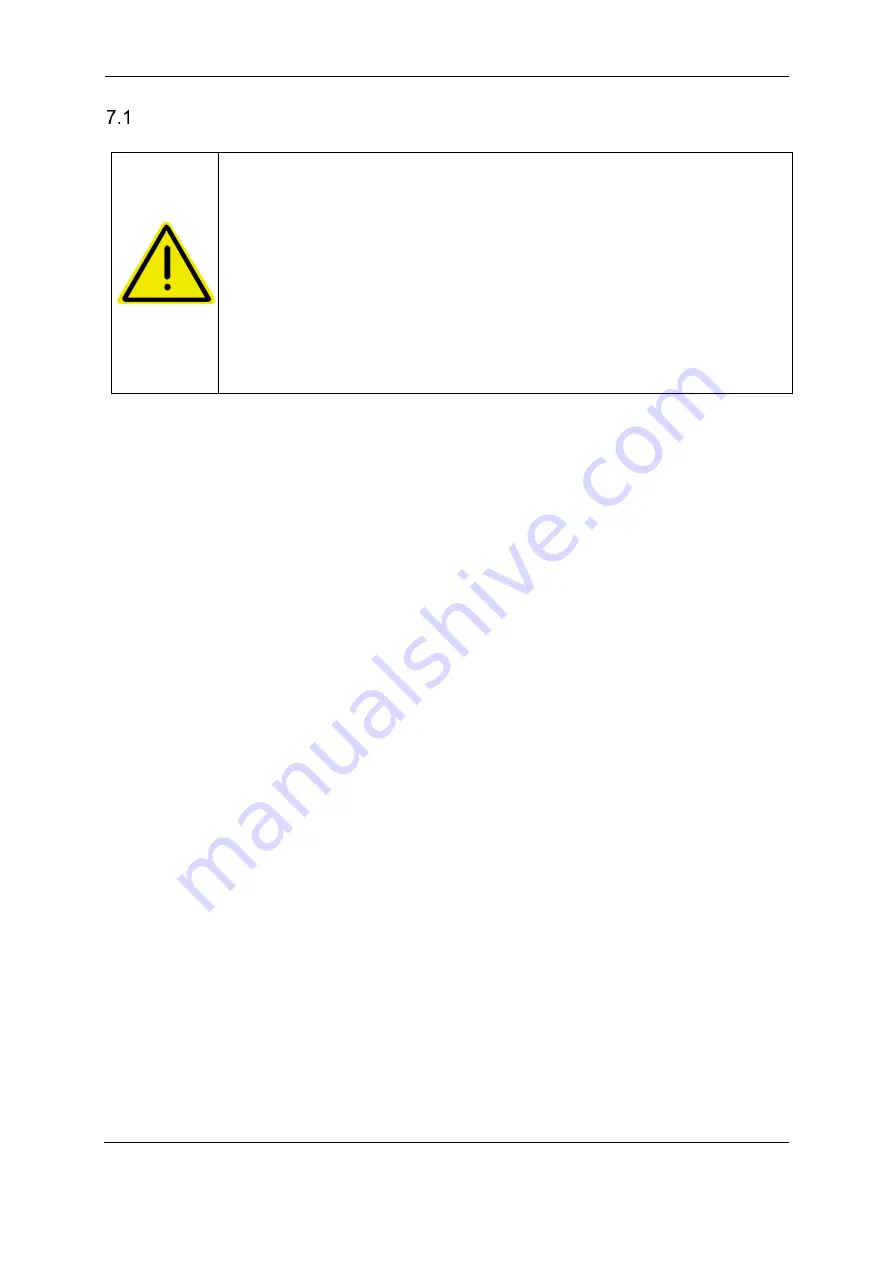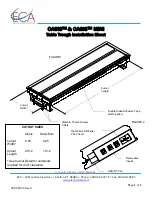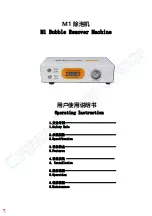
Operation
ZeroClamp zero point clamping system
– manual
31
Calculating of required holding force
Caution!
If the forces acting on the zero point clamping system become
too strong during the machining of a workpiece, the clamp bolt
may be torn out of the chuck, even in clamped condition.
Be sure to avoid overload of the zero point clamping system by
calculating the potential forces!
Use additional safety equipment such as monitoring
devices, winches and separating protectors!
Calculate the forces acting on the workpiece particularly for turning operations.
The following is not a precise calculation, as turning a workpiece is a complex and
dynamic process. The static examination of the system shall rather serve to
estimate the level of the potential dangers.
The level of potential danger rises with increasing processing height (z), rotational
speed (n) and torque (M
Tisch
) of the machine.
If a work table has a torque (M
Tisch
) of 500Nm, the maximum cutting force
(F
Schnitt
) acts on a radius of (r) e.g. 250mm against 2000N.
If the processing height (h
s
) is 500mm, this leads to a lifting torque (M
Schnitt
) of
1000Nm, which the chuck must absorb.
Applying the principle of levers, the force (F
res
) which acts on the outer chuck
can be estimated. To do so, this torque (M
Schnitt
) is divided by the distance (d)
between the outer chuck and the virtual pivot of the component. A centrifugal
force (F
Zentri
) develops through unbalanced components, creating another torque
(M
Unwucht
) acting on the chuck.
Summary of Contents for NP90
Page 29: ...Operation ZeroClamp zero point clamping system manual 29...
Page 50: ...Attachments ZeroClamp zero point clamping system manual 50 11 Attachments...
Page 51: ...Attachments ZeroClamp zero point clamping system manual 51...
Page 52: ...Attachments ZeroClamp zero point clamping system manual 52...
















































